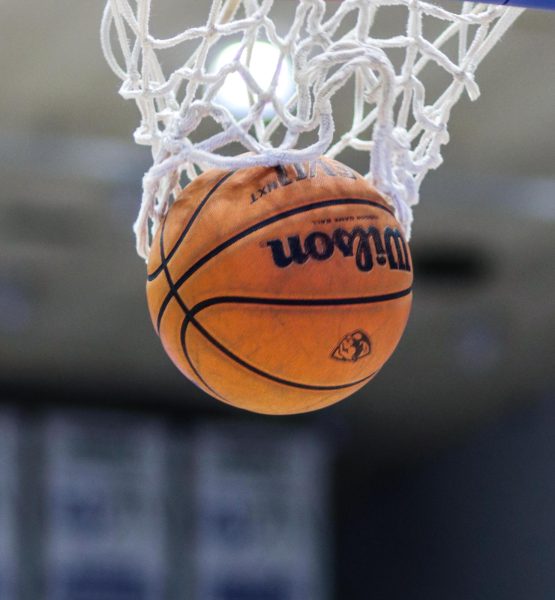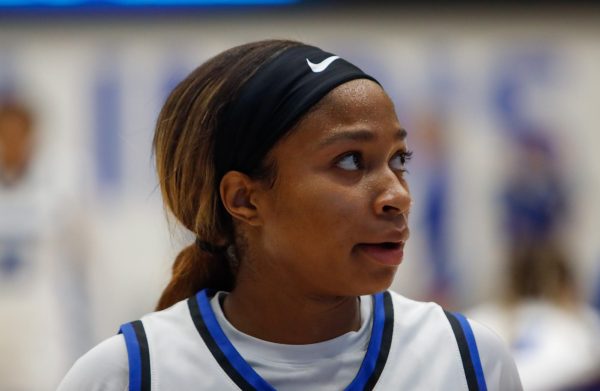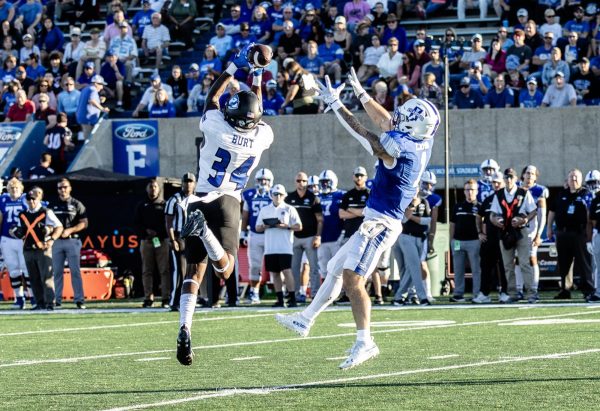Sports Editorial: NCAA made a consistent decision
There is a trend going on in major NCAA sports, and this trend can be summed up in one word: controversy.
Every year, the three (arguably) most popular NCAA sports end their regular seasons with a media whirlwind over who should and shouldn’t be in the postseason. Most of this drama is a result of the method by which teams are given the opportunity to play for a national title: schools do not qualify, they are selected.
Be it by computers (Division I FBS football, and it’s infamous BCS) or by a committee (basketball and baseball), when a field is determined by the selection of one team over another, the team that is left out will always feel it has a case and was ultimately snubbed.
While the system may not be perfect, it is the system we have to live with. Besides, the NCAA has made it obvious enough what a team has to do to be “selected:” win at the right time.
That right time is the last 3-4 games of the season. Why are these games the most important? Because during that time the committee has an idea of who they will select, and they analyze those teams under a microscope for any flaws that would prove they don’t belong.
It’s also the time when a team builds up momentum to carry into the NCAA Tournament. A team that goes into the postseason on a losing streak may likely be blown out by the tougher competition. Remember, the national tournament is really about attracting T.V. viewers for revenue. Who would tune in to watch a squad nobody heard of lose in a landslide?
Teams, especially those from mid-major conferences that often only receive one or two bids, know they have to win at the end of their season to be considered. It may not be fair to ignore accomplishments from the entire season, but it’s the way that it is.
The sentiment around campus is pretty strong that the Panthers were snubbed by the NCAA selection committee. While I would not argue that the NCAA favors the major conference teams (again, T.V. viewers; would you tune in to watch Eastern if you lived in Colorado?), I will argue that the NCAA is justified in not selecting the Panthers.
Eastern entered the OVC Tournament as the top seed. They compiled a 14-4 record against conference opponents over the course of the season. Then, on the most important weekend of the season, they went 0-2 and were eliminated early from their conference tournament.
That means the Panthers failed to perform with their season on the line. It also means they would be taking a losing streak into the NCAA regionals. The NCAA could make one simple argument in it’s defense: if they couldn’t advance in the OVC Tournament, how could they expect to go far in the NCAA Tournament?
Mid-major programs know going in that at the very minimum, they must make it to the final round of the conference tournament to be considered for an at-large bid. While it may not be fair, it’s consistent. Unfortunately for the Panthers, the NCAA played it safe, and relied on big name programs to draw viewers rather than take a risk on a Cinderella making a run.
Jeff Jurinek can be reached at 581-7943 or at jejurinek@eiu.edu.





































































